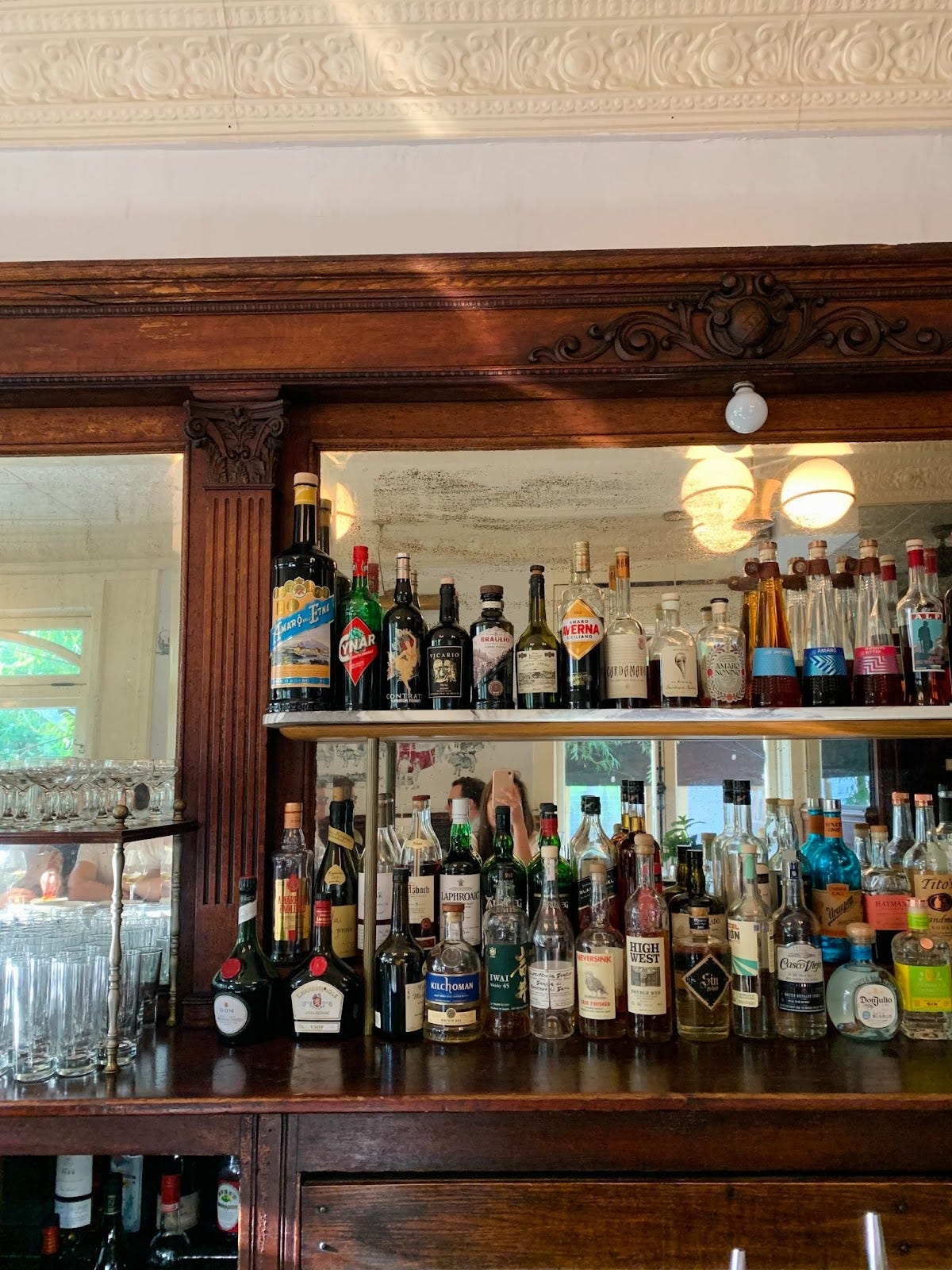Vicky Gu | April 17, 2025
The Blackbird Edition
On blockchain bars, loyalty, and sticking around.
Vicky Gu (VG) is a friend of WITI. She’s an editor, strategist, & poet. Find her Substack here.
Vicky here. My local wine bar is on the blockchain. We need to discuss this.
Specifically, it’s joined an early adopter group of restaurants on Blackbird, a new loyalty and payments app with its own rewards currency, $FLY. The backend is crypto: an ‘L3’ blockchain built on Base, Coinbase’s Ethereum L2.
I live in Brooklyn, so I can't be too surprised at crypto showing up in my everyday moments. Still, the bar felt like an unexpected entry point—at least culturally. But zooming out at the business case? It actually makes sense, at least in theory.
In 2023, 38% of restaurants weren’t profitable—despite it being a $1T industry. Even Noma, five-time Best Restaurant in the World, struggles. In 2024, they launched Noma Projects to monetize their R&D kitchen through products and subscriptions.
You don’t need a Michelin star to feel the pressure. Fast casual chains are up against it too: Sweetgreen wasn’t profitable when it IPO’d in 2021, despite $339.9M in revenue. As journalist Kristen Hawley noted, salad doesn’t scale like software.
Why is this interesting?
Because my bar feels like my living room. And checking into my living room via app feels, well, unnecessary.
As a regular, I’m recognized when I walk in. I’m loyal because I love the staff, the lighting (good for writing), the cozy shrimp polenta, the empty magnums in the window. I get pours on the house not because I’ve accumulated points, but because I come around. Again and again.
Loyalty, for most places, is a feeling. Companies like Blackbird are trying to turn it into code—something trackable, rewardable, productizable. This in turn is supposed to help restaurants not just stay alive, but grow, by incentivizing return visits.
But can loyalty be productized? Should we even be asking the question?
Right now, adopting Blackbird seems to happen more through social media than your local bartenders. I’ve never had a bartender ask if I want to sign up for Blackbird. But I’ve seen the cool kid starter pack marketing - something that reads like a more refined style of "I live in NYC, of course I go to Via Carota."
Adoption challenges aren't unique to crypto. Even Adobe hires implementation consultants to help customers actually use their software. But while founders may see crypto as a powerful tool to improve restaurant economics, the people running the floor need to believe in it too. And I’m not convinced they’re ready to let a payments app dictate who they should give free pours too.
Because what they already know—what anyone who works in service knows—is that it’s time, not money spent, that makes you a true regular. Access comes through time, not just stature.
In hospitality, there’s a divide—like in most industries—between the professionals on the ground and the ones behind the keyboard. The future of restaurants might look more like e-commerce, but you still have to be present to make them feel like home. (VG)
